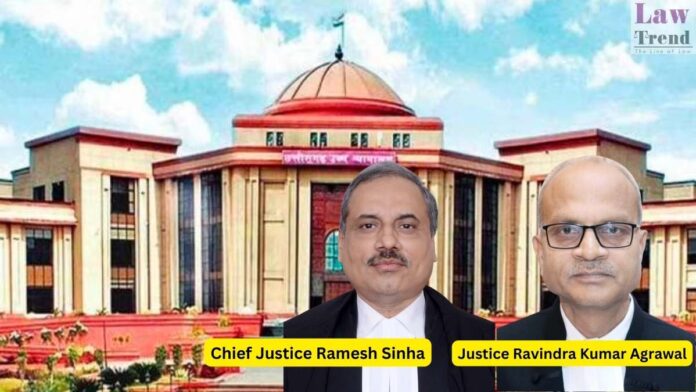The High Court of Chhattisgarh, in a significant ruling, has held that the state government’s power to relax service rules cannot be used to amend a substantive rule governing the method of recruitment. A Division Bench quashed a notification that permitted a “one-time relaxation” for the direct recruitment of Professors in state medical colleges, reaffirming
To Read More Please Subscribe to VIP Membership for Unlimited Access to All the Articles, Download Available Copies of Judgments/Order, Acess to Central/State Bare Acts, Advertisement Free Content, Access to More than 4000 Legal Drafts( Readymade Editable Formats of Suits, Petitions, Writs, Legal Notices, Divorce Petitions, 138 Notices, Bail Applications etc.) in Hindi and English.




